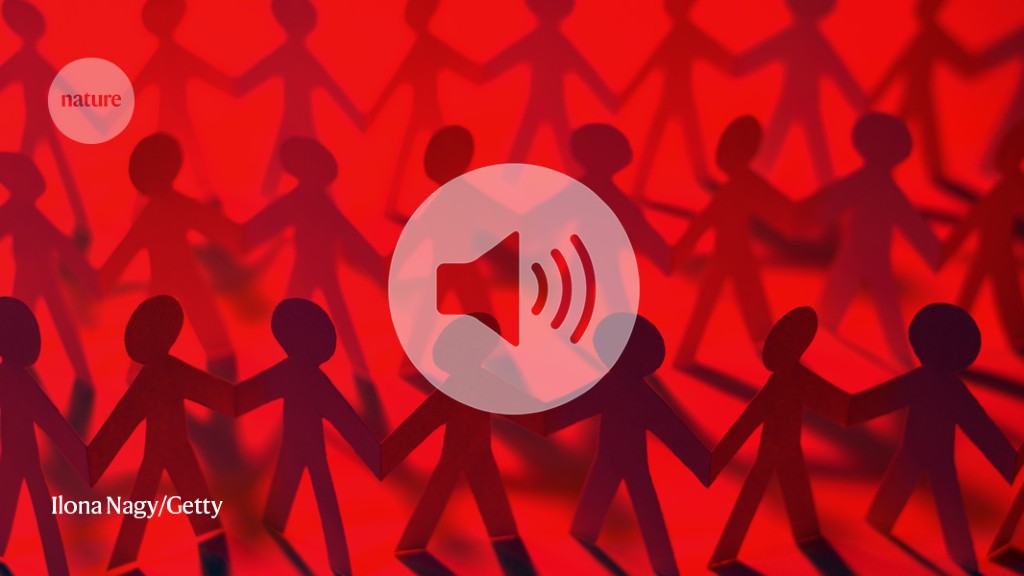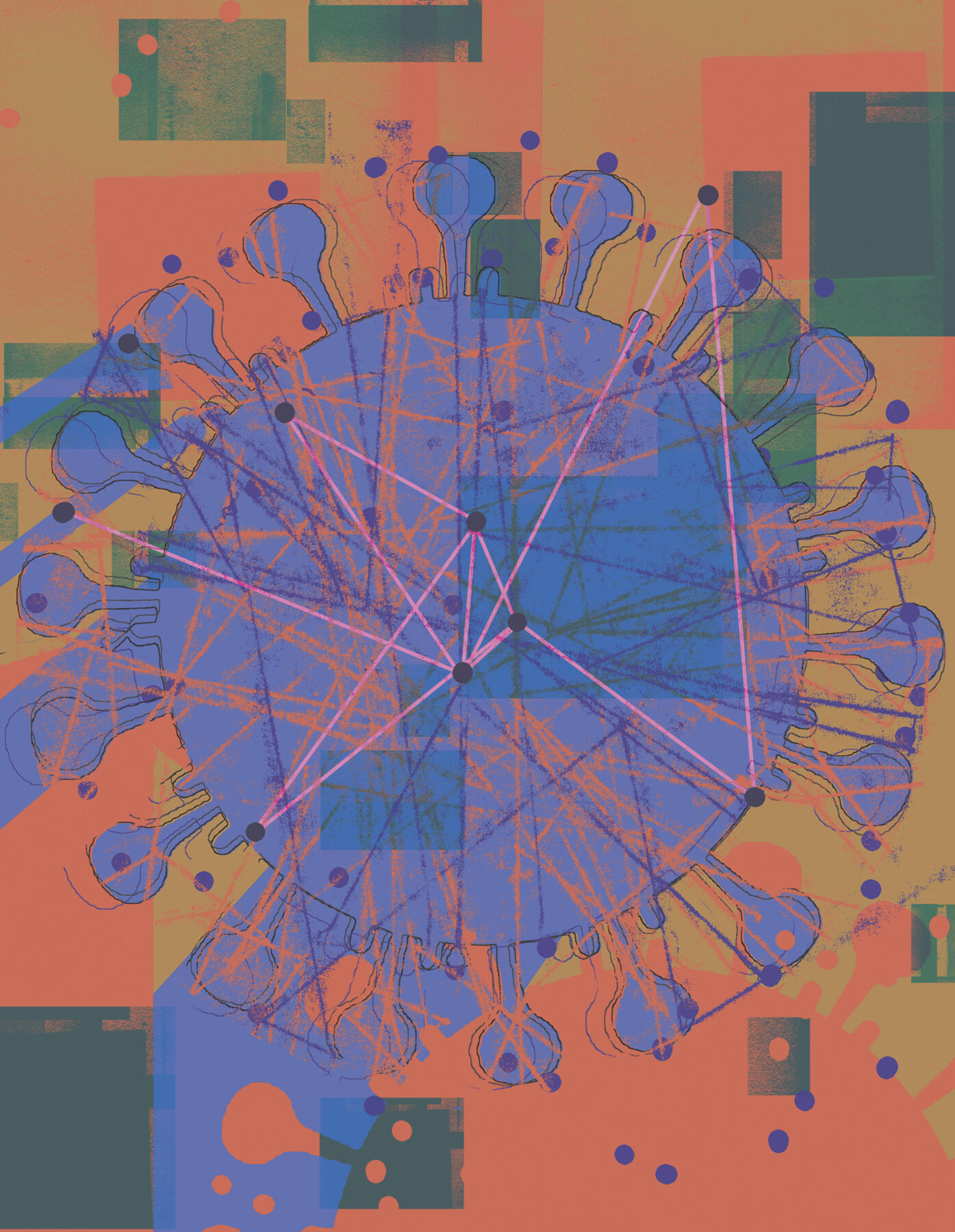Podcast: Gendergap - Was Sind Gründe, Warum Frauen die Wissenschaft Verlassen
Podcast: Gendergap - Was Sind Gründe, Warum Frauen die Wissenschaft Verlassen

web articles
Send us a link

Japan’s contribution to world-class research continues to decline, despite having one of the world’s largest research communities, according to a report by the Japanese Ministry of Education, Culture, Sports, Science and Technology.

Open data practices are largely conceived and managed in ways that support quantitative, rather than qualitative data. Susie Weller outlines how an ethics of care is essential to making open qualitative data practical and ethical.

A special member state task force set up to help shape framework programme 10 (FP10), has compiled the first draft. The documents set out in broad strokes the ideas for FP10, including a call for the EU to be a global research and innovation powerhouse by 2034.
Keju, China's incredibly difficult civil service test, strengthened the state at the cost of freedom and creativity.

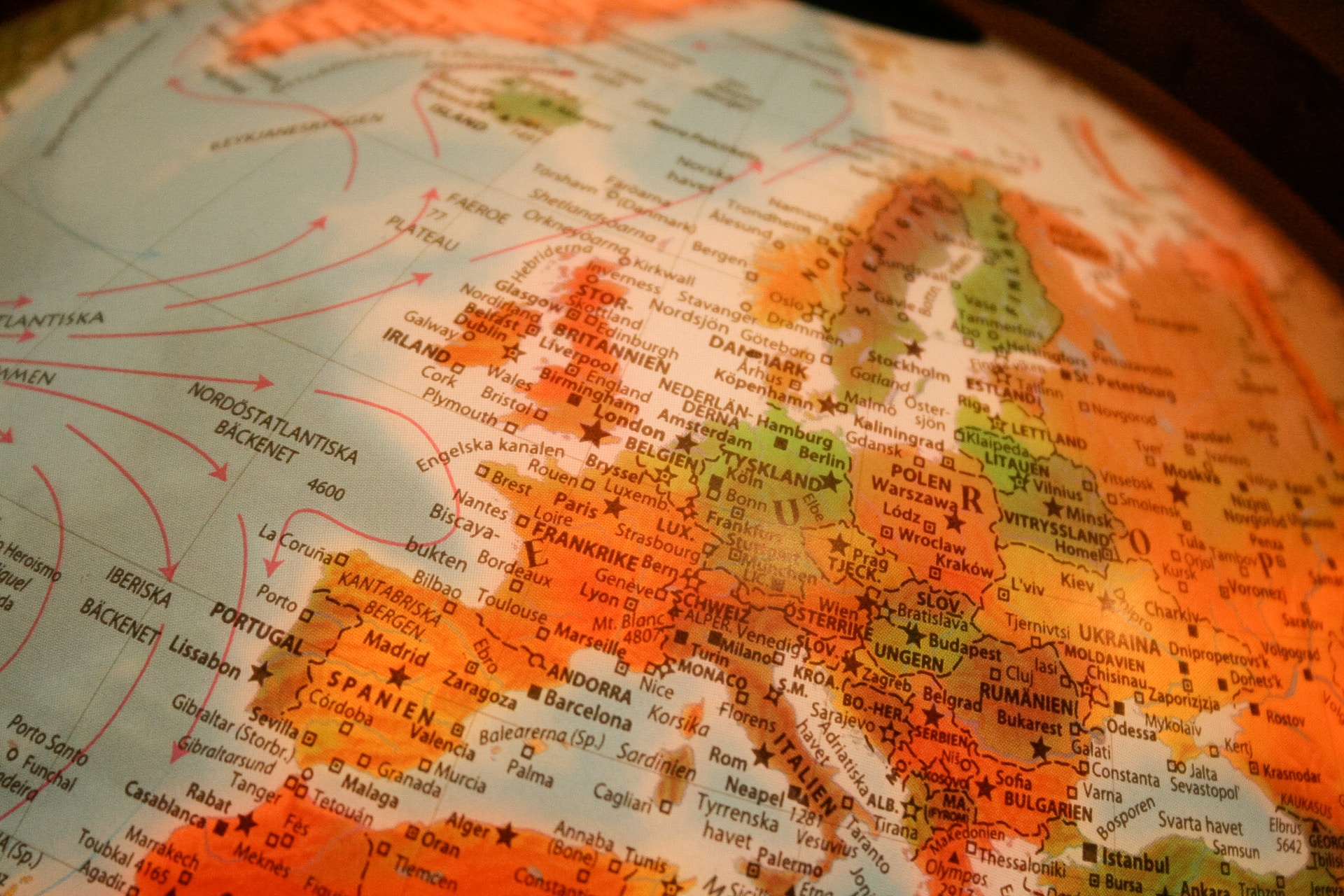

Align commitments with the assumptions and criteria of the science based 1.5°C scenarios

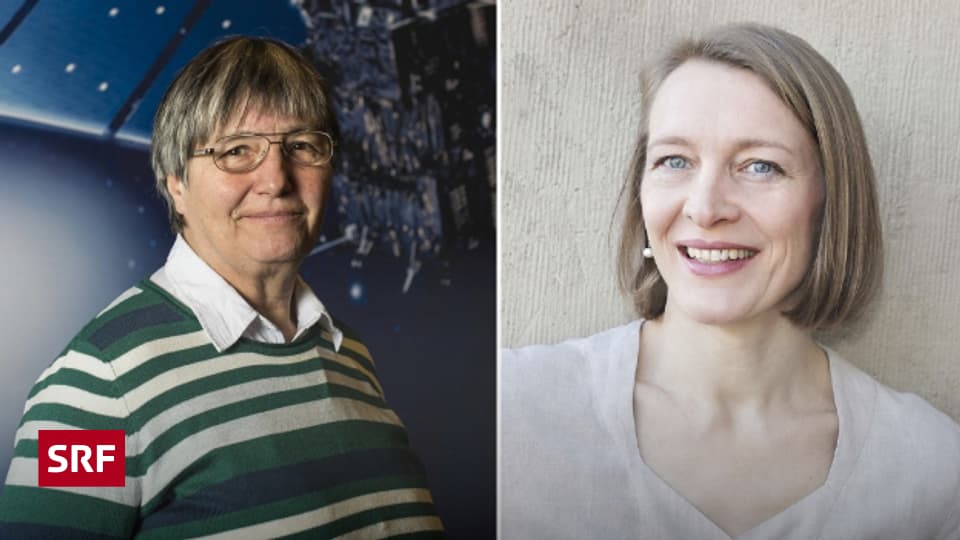
How much do the views of scientists and experts count when it comes to securing public support for traffic restrictions?
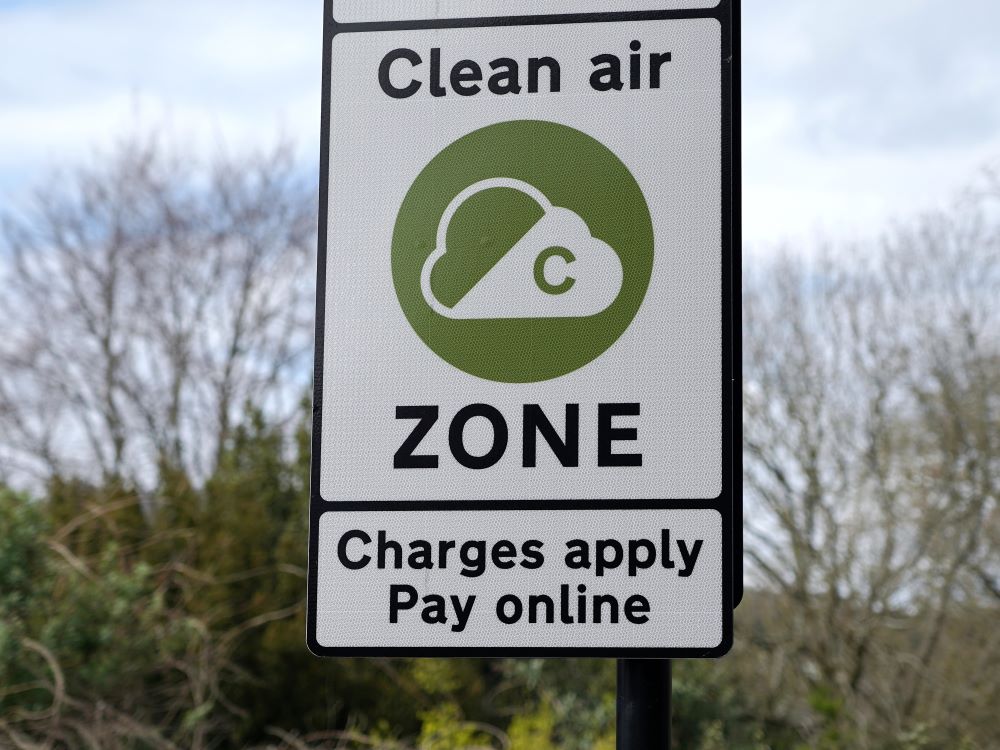
It is vital that scientists engage in discussions about open access because publishing is rapidly changing, and at the moment, there are no certain outcomes in the long run.
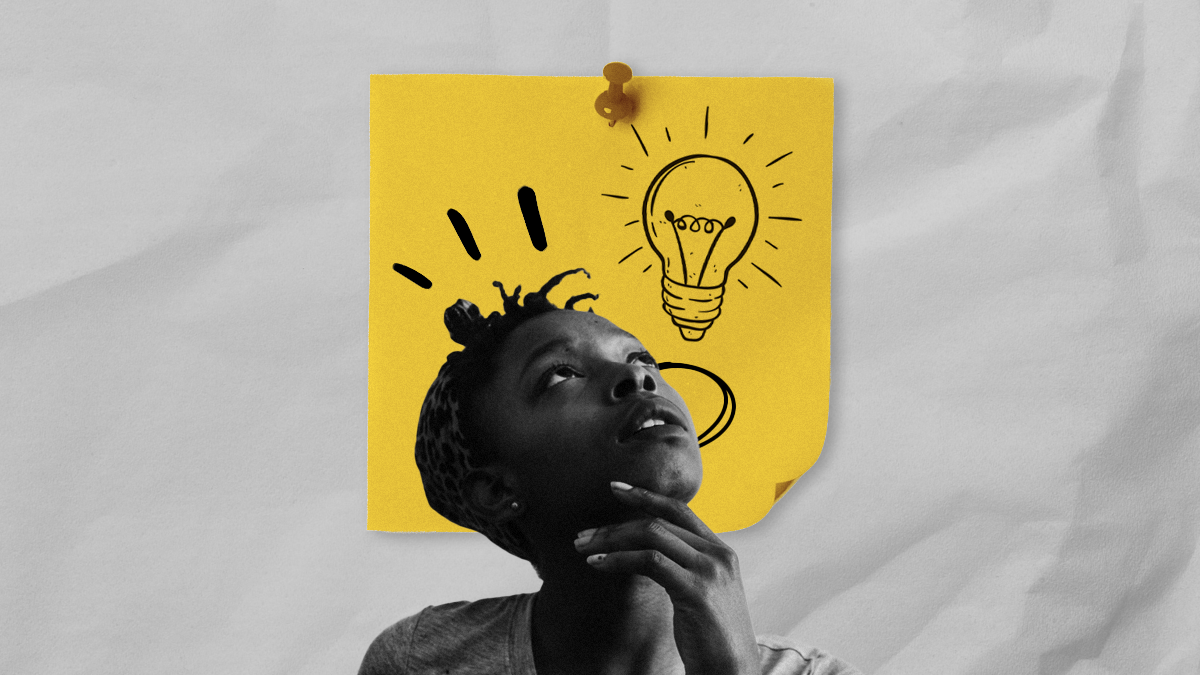
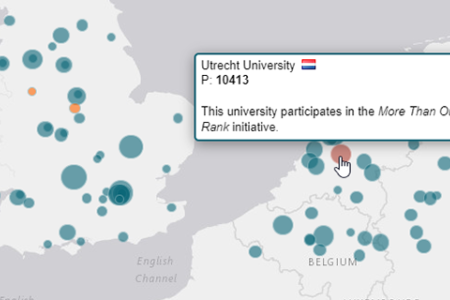
A decade ago, University of Virginia psychology professor Brian Nosek cofounded an unusual nonprofit, the Center for Open Science. It’s been a cheerleader, enabler, and nagger to convince scientists that making their methods, data, and papers available to others makes for better science.

Peer review is, at heart, a process of validation - but how do you learn to peer review?


For decades, communities have had little access to scientific information despite paying for it with their tax dollars. To bring open science into the mainstream, we need creative policy solutions - and your help to create them.
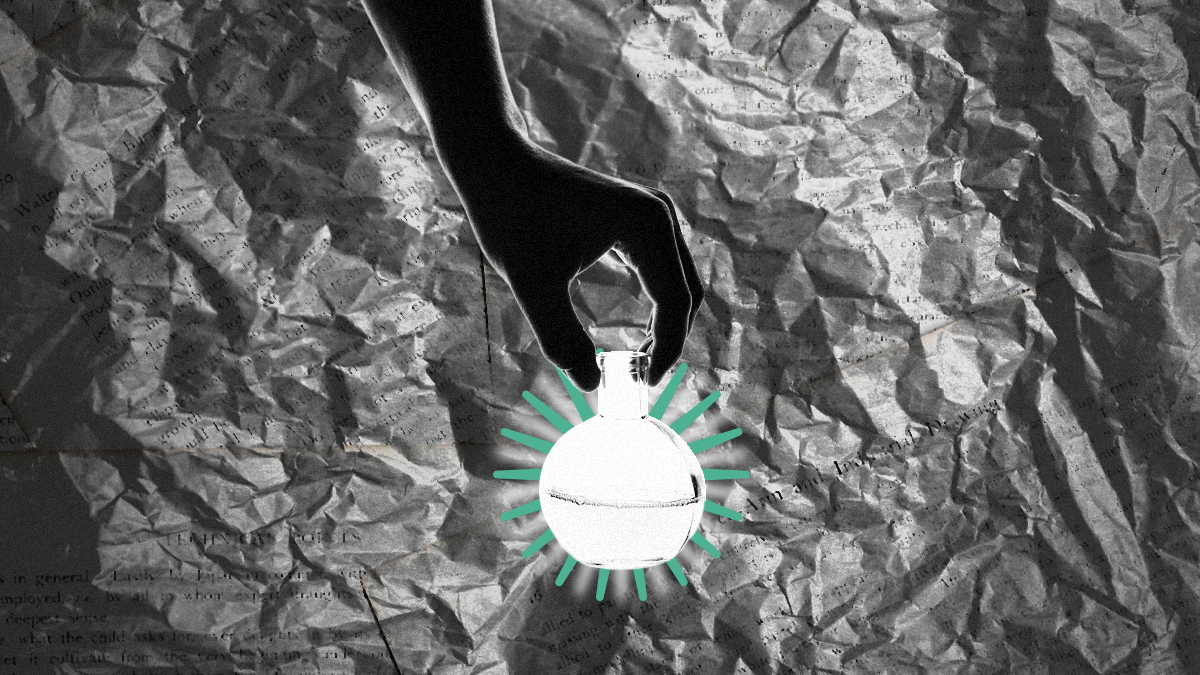
This week, New York City is buzzing with scientists. A Science Summit is being held at the United Nations, to coincide with the UN General Assembly. The summit’s overall theme revolves around the UN Sustainable Development Goals (SDGs), which aim to end poverty and protect the environment. Research in poorer countries maps closely with the United Nations Sustainable Development Goals - wealthy nations must follow if the goals are to be met.
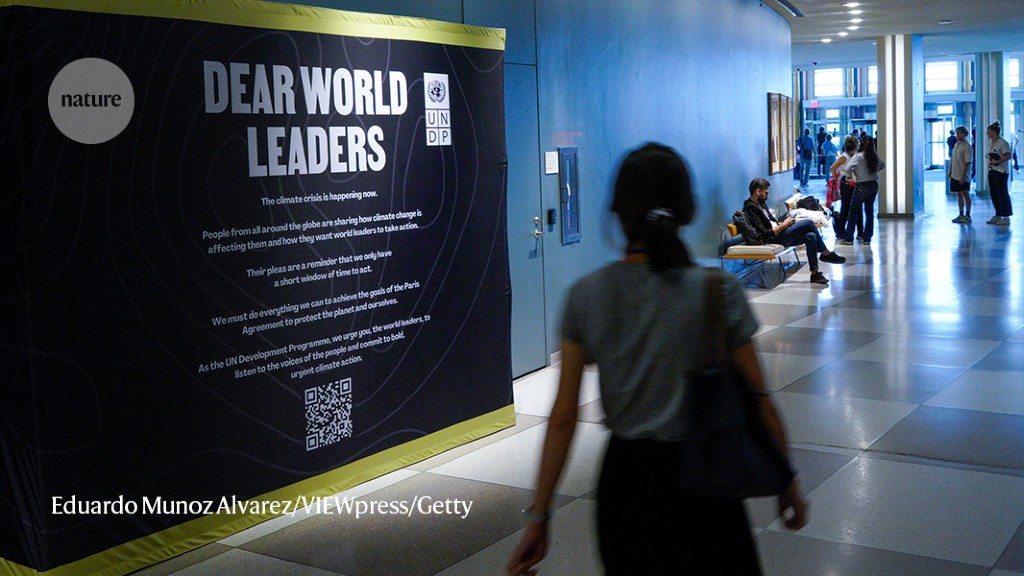
Podcast: Research managers, citizen scientists, librarians and technicians rarely make it onto author lists. But an initiative to assess their hidden contributions to team science moved some judging panel members to tears.
